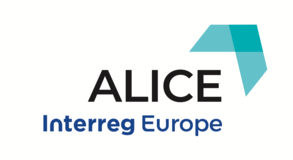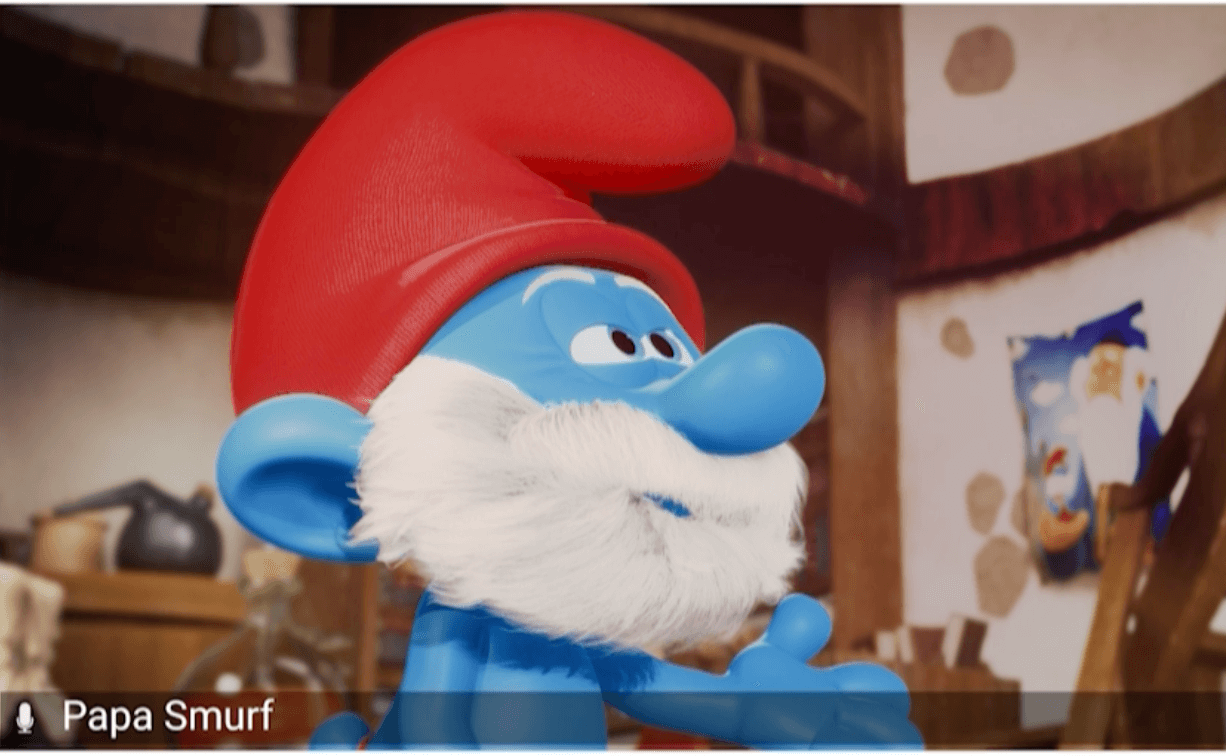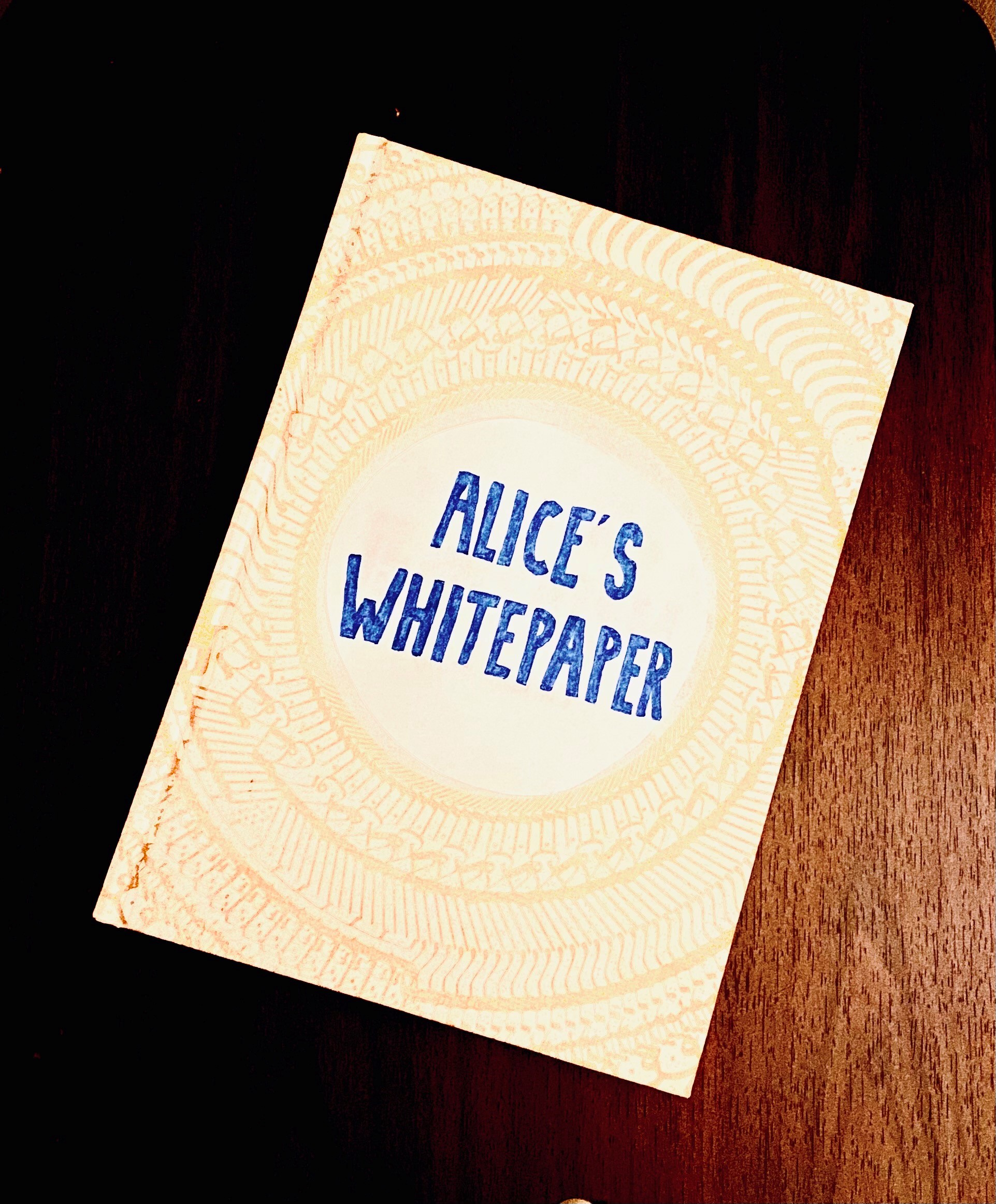On June 17, from 2pm to 3pm, ALICE partners from Wallonia, the Hauts-de-France region and Catalonia met at Annecy International Animation Film Festival’s Market (MIFA) to present selected proposals resulting from two years of study of the animation sector. The event, accessible online to accredited professionals, included a pre-recorded video of exclusive interviews of the following animation experts: Mar Sáez Pedrero from the Federation of audiovisual producers PROA (Catalonia), Philippe Reynaert from the film fund Wallimage (Wallonia) and Lucia Recalde, the Head of the unit in charge of the Creative Media program.
Mrs. Sáez Pedrero and Mr. Reynaert presented two of the key solutions developed by ALICE to grow an integrated, collaborative and competitive animation industry in Europe. These selected proposals included a new mapping methodology, designed to provide detailed overviews of regional animation sectors within a common framework, and the Wonderland project, which focuses on facilitating co-productions in development through a database of animation studios’ skills as well as an innovative funding tool. In a third interview, guest of honor Mrs. Recalde highlighted the importance of the ALICE project in relation to the objectives of the 2021- 2027 Creative Europe Media program: lifting the barriers to co-production, supporting the development phase of animated projects, investing in skills and talent development.
The session, moderated by Flore de Bayser (Wallimage) and introduced by Godefroy Vujicic, CEO of the film fund Pictanovo, was followed by a live Q&A which allowed attendees to engage with the speakers as well as Iván Agenjo, Chairman at ProAnimats, who was in attendance as a special guest. As the exploration phase of ALICE reaches its completion, the discussion focused on the future of the project and, to a larger extent, how it could fit into the future of animation. The participants were able to demonstrate the compatibility of ALICE proposals with a post-COVID digital world and discuss the next steps of promotion and – subject to additional funding – implementation of the solutions proposed. It was also an opportunity to respond to the interests of the audience while reinforcing ALICE’s (or a future form of ALICE’s) desire to rally more regions in order to increase its chances to initiate a long-term, positive change towards more European co-productions.
For ALICE partners, getting together at a major animation event after a year in lockdown, was in itself a great experience. To find so much enthusiasm and such a desire from the industry to move things in the direction of greater collaboration was beyond expectations. As the team prepares a White Paper of policy recommendations for publication in the fall, they could already feel they are moving in the right direction.





